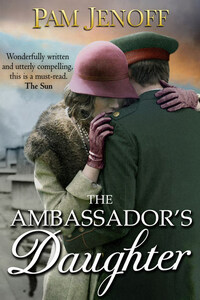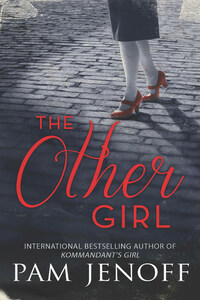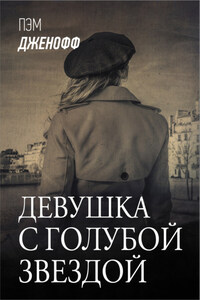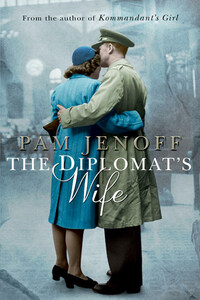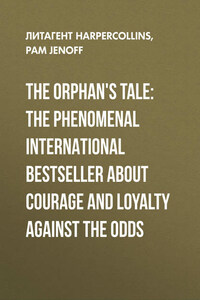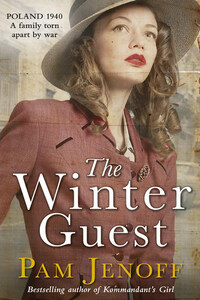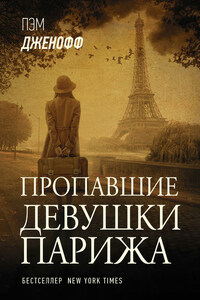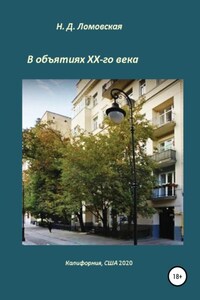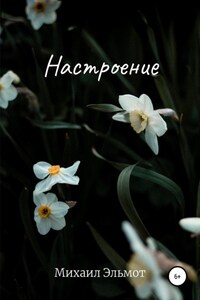Praise for the author
Quill Award Nominee
‘This is historical romance at its finest.’
—Publishers Weekly on Kommandant’s Girl
‘In her moving first novel, Jenoff offers an insightful portrait of people forced into an untenable situation and succeeds in humanizing the unfathomable as well as the heroic.’
—Booklist
‘Poignant and intense’
—Good Book Guide on The Diplomat’s Wife
‘Jenoff explores the immediate aftermath of World War II with sensitivity and compassion, shedding light on an often overlooked era of European history. She expertly draws out the tension and illustrates the danger and poverty of Eastern Europe as it falls under communism. Highly recommended for all fiction collections.’
—Library Journal on The Diplomat’s Wife
‘… well constructed and a real page turner.’
—Birmingham Jewish Weekly on The Diplomat’s Wife
PAM JENOFF is the author of several novels, including the international bestseller Kommandant’s Girl, which also earned her a Quill Award nomination. Along with a bachelor degree in International Affairs from George Washington University and Master’s degree in History from Cambridge, she received her Juris Doctor from the University of Pennsylvania and previously served as a Foreign Service Officer for the US State Department in Europe, as the Special Assistant to the Secretary of the Army at the Pentagon and as a practising attorney. Pam lives with her husband and three children near Philadelphia where, in addition to writing, she teaches law school.
Also byPam Jenoff
KOMMANDANT’S GIRL
THE DIPLOMAT’S WIFE
The
Ambassador’sDaughter
Pam Jenoff
The Ambassador’s Daughter represents joy on so many levels to me. First, it gave me the chance to return to some of my beloved characters and themes from Kommandant’s Girl, something that I—and many of my readers—have been hoping would happen for several years. It also allowed me to explore Europe after the First World War, an era that has fascinated me since I wrote about it in my thesis at Cambridge nearly two decades ago. Writing a story in this era required extensive research about historical events as well as the social and political climate at the time. As always when writing historical fiction, I had to make some judgment calls about when to remain historically accurate and when to “bend” history, melding fact and fiction for the sake of story (a creative indulgence for which I hope my readers will forgive me).
This book brought me back to the incomparable publishing team at HQ, including my wonderful editor, Susan Swinwood, and the many brilliant folks in editorial, marketing, publicity and sales, and Kim Young and the marvelous team at HQ. I am so grateful for your time and talents, and overjoyed to be working with you again! Big thanks as always to my agents Scott Hoffman and Michelle Brower at Folio Literary Management for all of your keen insight and tireless work on my behalf. Thanks also to my colleagues at Rutgers for your interest and support.
Even as it is joyous, writing this book has been bittersweet. When I began The Ambassador’s Daughter, a book that examines among other things the parent-child relationship, I had no idea that my own beloved father would not be here to see the finished project. With each book I always recognize the “village” that makes my writing life possible. However, this time I need to express even more deeply my gratitude for those closest to me: my husband, Phillip, mother, Marsha, brother, Jay, as well as my in-laws Ann and Wayne, dear friends, and of course, the three little muses who sustain and inspire me every day, Benjamin, Charlotte and Elizabeth. I love you all.
The sun has dropped low beneath the crumbling arches of Lehrter Bahnhof as I make my way across the station. A sharp, late-autumn breeze sends the pigeons fluttering from the rafters and I draw my coat closer against the chill. The crowds are sparse this Tuesday evening, the platforms bereft of the usual commuter trains and their disembarking passengers. A lone carriage sits on the track farthest to the right, silent and dark.
I had been surprised by the telegram announcing Stefan’s return by rail. There were hardly any trains since the Allies had bombed the lines. At least that’s what the newspapers write—the defunct trains and the British naval blockade are the excuses given for everything, from the lack of new pipes to start the water running again—a problem that has forced us back outside as though it were a century ago—to the impossibility of getting fresh milk. Looking around the desolate station now, I almost believe the excuse.
Stefan’s face appears in my mind. It was more than four years ago on this very platform that we said goodbye, the garland of asters I’d picked hung freshly around his neck. “Don’t go,” I pleaded a final time. Stefan was not cut out to fight—he had a round, gentle face, wide brown eyes that said he could never hurt anybody. But it was too late—he had gone down to the enlistment center two weeks earlier, ahead of any conscription, and come home with papers ordering him to report. The war was going to be quick, everyone said. The horse-mounted Serbs, with their swords, were no match for the Kaiser’s tanks and planes. The fighting would be over in weeks, and all of the boys wanted a piece of the glory before it was gone.
